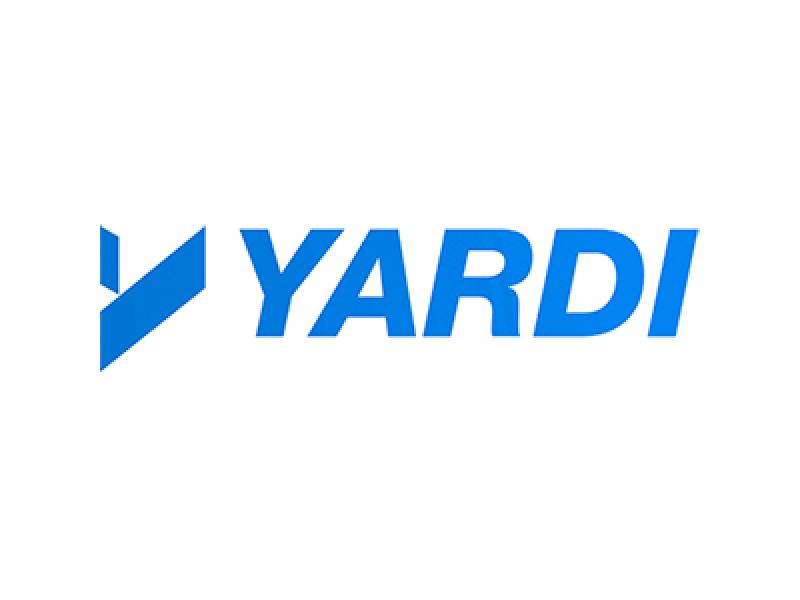
Image courtesy of Yardi/Unsplash
The past 30 years have seen a multitude of upheavals including the global financial meltdown of the early 2010s, the dot.com bubble burst at the turn of the century, and the savings and loan crisis during the preceding decade. Each disruptive era was accompanied by a high level of technology innovation, including the world wide web, smartphones, the Internet of Things and artificial intelligence (AI).
As the current tumultuous year closes, Yardi® asked property managers and owners across Canada for insight into the role innovative technology will play going forward in the real estate industry. A summary of their responses follows.
Digitizing property management
Much of the recent tech infusion within Canadian real estate has enabled tenants to interact online with property managers in activities ranging from scheduling tours and signing leases to submitting payments and maintenance requests. This shift toward digitization was driven by social distancing requirements but the industry now regards remote capabilities as standard business offerings. Organizations that automate and centralize tenant and staff transactions into one source of the truth not only differentiate themselves from the competition but can identify trends and issues early on, a capability that improves the customer experience while keeping operating costs down.
Managing more data
The entire sector witnessed years’ worth of digital transformation in a matter of months. This quickening resulted in a heightened ability to collect, analyze and report on mass amounts of data. That capability in turn produced a need for efficient reporting options such as dashboards powered by AI to quickly distill and visualize data.
However, enhanced data collection also bred a reliance on disparate technology systems, leaving many owners and operators with an overwhelming amount of siloed data and disconnected operations. Some property owners responded by adopting platforms that house all operational and financial data in a single connected platform. Leveraging this technology made it easier for employees and management to mine previously “hidden” data. Full insight over a portfolio’s operations allows teams to identify trends that guide better planning decisions. Access to meaningful data is critical for successful property management and these new tools are changing how teams achieve their goals.
Evolving ITs role
Real estate professionals reported that during the pandemic they worked more closely with their IT teams to evaluate available software solutions and ensure providers were capable of meeting the organization’s needs. Their responsibilities included identifying synergies across departments to simplify business operations. Stronger collaboration between business, IT and accounting teams will become the norm for selecting tech partners in 2022 and beyond.
Strengthening property management teams
Making a positive impact with such technology requires proper use by staff members, driving an emphasis on training among many of our respondents. Some property managers eased the tech onboarding process by designating subject matter experts as “go to” resources for their peers. User-friendliness and true software integration are just as important since a growing number of services are being delivered by new technology.
Most respondents agreed that new employees should be fluent in modern property management platforms. Critical thinking is also highly valued, as automation is decreasing the need for manual data entry while expanding the need for data interpretation. This shift towards a touchless experience is elevating the Canadian real estate sector and there will be an influx of young professionals showing interest in the industry. The adoption of virtual learning systems will be key in offering professional development and maintaining workplace culture, crucial components in attracting and retaining those newcomers.
Preparing for the future
Historically, Canada’s real estate industry has been slow to adopt new tech solutions, but strategic growth is predicted for next year as tenants and managers increasingly rely on digital tools that facilitate seamless interactions. Organizations with technology that consolidates portfolio, lease and other information into a single database and provides users with instant, secure and remote access, will help not only weather the current crisis but also position them to operate even more efficiently and responsively in 2022 and beyond.
About Yardi
Yardi® develops and supports industry-leading investment and property management software for all types and sizes of real estate companies. Established in 1984, Yardi serves clients worldwide. For more information on Yardi is Energized for Tomorrow, visit yardi.com.











